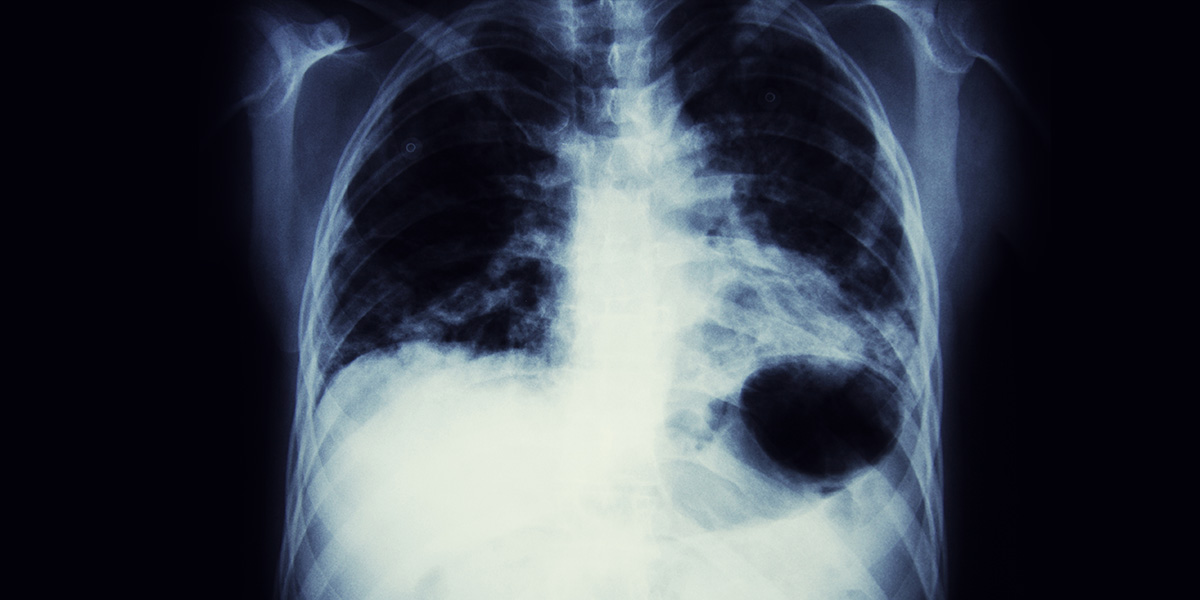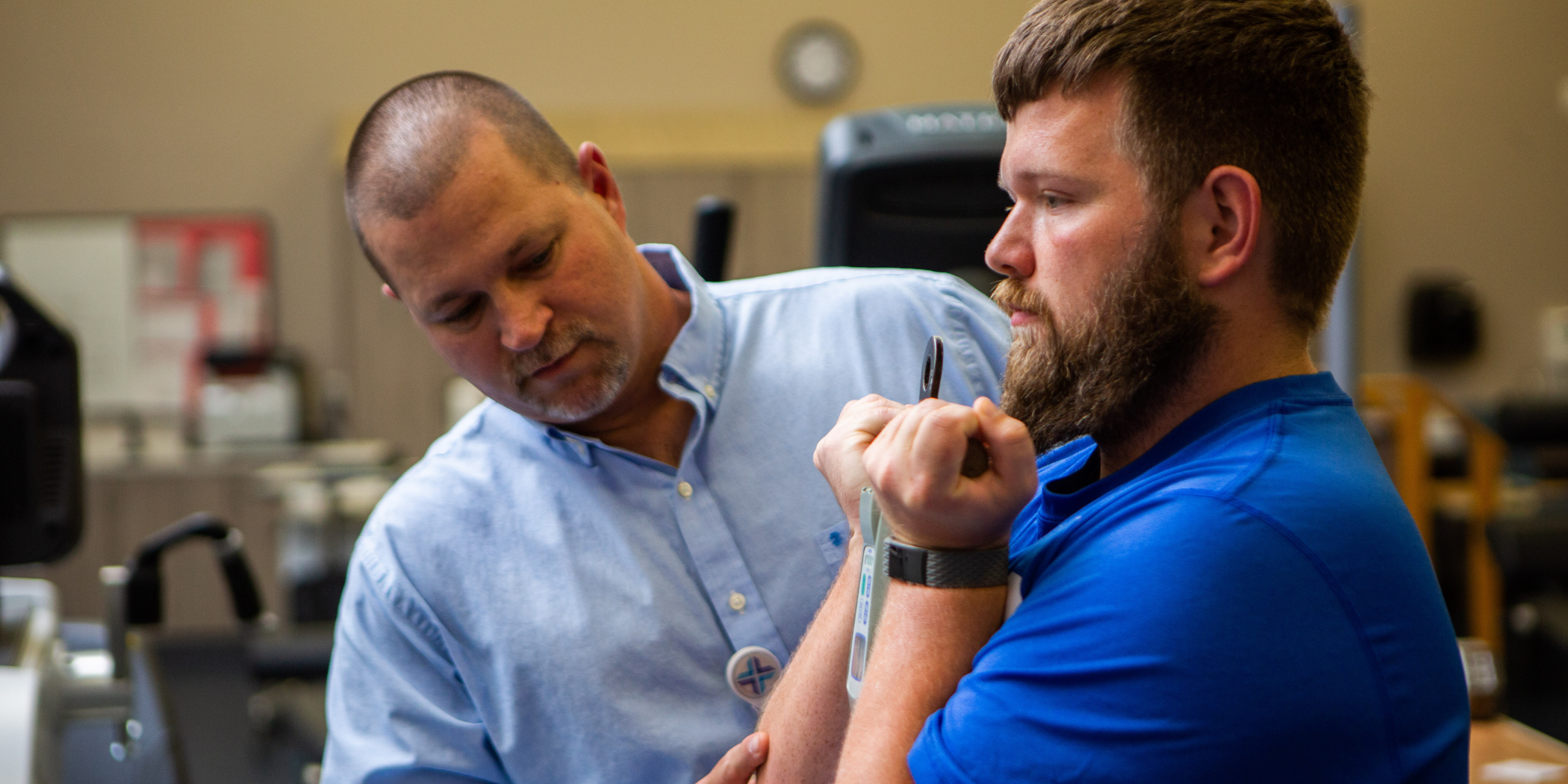
Lower your risk for lung cancer
Lung cancer kills 19 people every hour and causes more deaths than the next three most common cancers combined – colon, breast and prostate.
Veterans have a 25-50% higher risk of lung cancer than civilians, because smoking rates are higher for those in the military than the general population. People over age 55 are at the highest risk. Those who smoked at least one pack of cigarettes per day over 30 years or two packs a day over 15 years are also at the highest risk.
But not everyone who is diagnosed with lung cancer smokes. Every year, more than 3,000 Americans who have never smoked are diagnosed with lung cancer.
So how can you protect yourself?
There are ways to create a healthier lifestyle and prevent further damage to your lungs:
- Don't smoke. There is no risk-free level of tobacco smoke. The most important thing a person can do to prevent lung cancer is to never start smoking or quit as soon as possible.
- Maintain a healthy diet. Choose a healthy diet with a variety of fruits and vegetables. Food sources of vitamins and nutrients are best. Avoid taking large doses of vitamins in pill form, as they may be harmful.
- Test your home for radon. Radon is the result of broken-down uranium. It is a radioactive gas that cannot be seen, felt, smelled or tasted. Uranium occurs naturally in the soil, and the fear is that homes may have been built over natural deposits, creating high levels of indoor radon exposure, which can lead to lung cancer.
- Know what you are being exposed to in the workplace. Gasoline, diesel exhaust, arsenic, vinyl chloride, nickel chromates, coal products, mustard gas and chloromethyl ethers are all carcinogens and may be present in work environments. Talk to your employer about limiting exposure.
- Keep away from secondhand smoke. Secondhand smoke contains more than 60 known carcinogens, or cancer causing agents. These carcinogens interrupt normal cell development, otherwise known as the onset of cancer.











